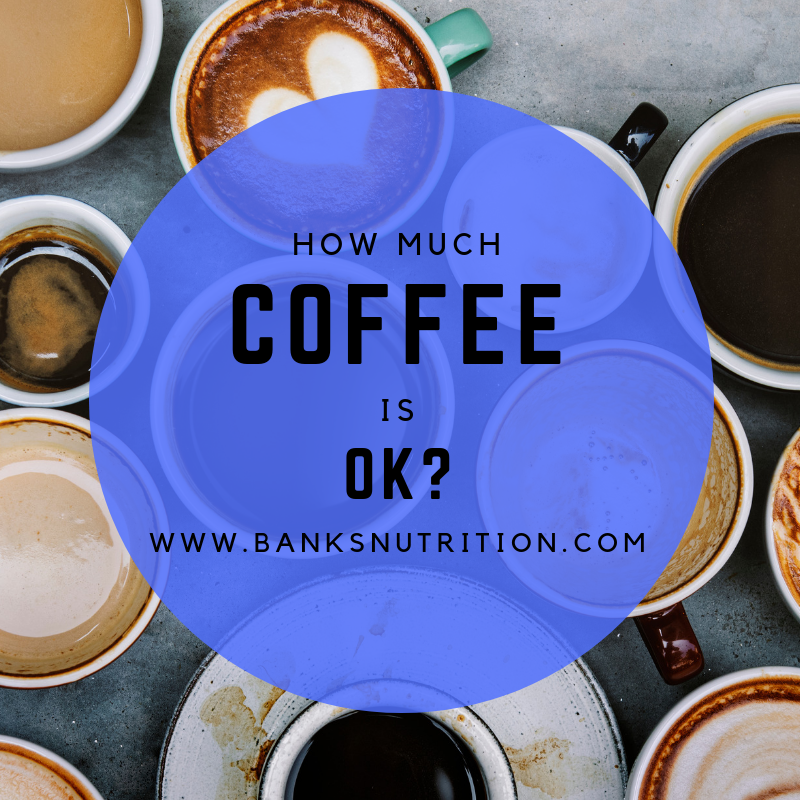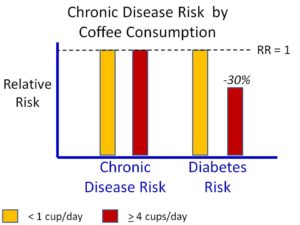
How Much Coffee is OK?
Coffee has been somewhat like the Rodney Dangerfield of beverages. If you remember Rodney’s classic line, “I’ll tell ya, I don’t get no respect”. Coffee has often been maligned by health care and the public as a health detractor. These opinions, however, have not been based on any factual data. Good research is finally looking at this issue and it is proving that the common speculation about coffee was wrong.
The study examined the health patterns of 42,659 adults participating in the European Prospective Investigation into Cancer and Nutrition (EPIC)–Germany study. The study looked at the rates of the most common chronic diseases including diabetes, heart attacks, stroke and cancer. The researchers addressed two specific questions. The first question was, “does coffee consumption increase the risk of any of these common chronic diseases?” The answer was no. Comparing those who drank less than 1 cup per day, those drinking 4 or more cups had no increased risks of disease.
The second study question was, “does coffee consumption in any way decrease these disease risks?” The answer to that question was yes. The higher coffee consumers had a 25-30% lower risk of developing diabetes than their low consuming counterparts.
The reputation of coffee likely developed from the gang it tended to “hang out with”. Coffee consumption was often done in conjunction with a lot of cream, sugar, and donuts. It was often done while smoking cigarettes. If you hang out with bad characters, you will likely be assumed to be a bad kid.
Tea, in contrast, is often looked at as a “healthy” beverage which it is. This is the result of its concentration of polyphenolic compounds which have a broad range of positive health effects. Interestingly, coffee contains a somewhat higher concentration if it is good brewed coffee. Some people are sensitive to too much caffeine but can drink decaffeinated brewed coffee. This actually generated a slightly greater diabetes risk reduction than caffeinated coffee, although they were both beneficial.
The essence seems to be that coffee is a “good kid”, but it may behave badly hanging out with the wrong company. It is best to enjoy it by itself. Remember, the study looked at coffee, not a triple caramel mocha latte!
Coffee consumption and risk of chronic disease in the European Prospective Investigation
into Cancer and Nutrition (EPIC)–Germany study. American Journal of Clinical Nutrition, 2012;
95 901-908.
